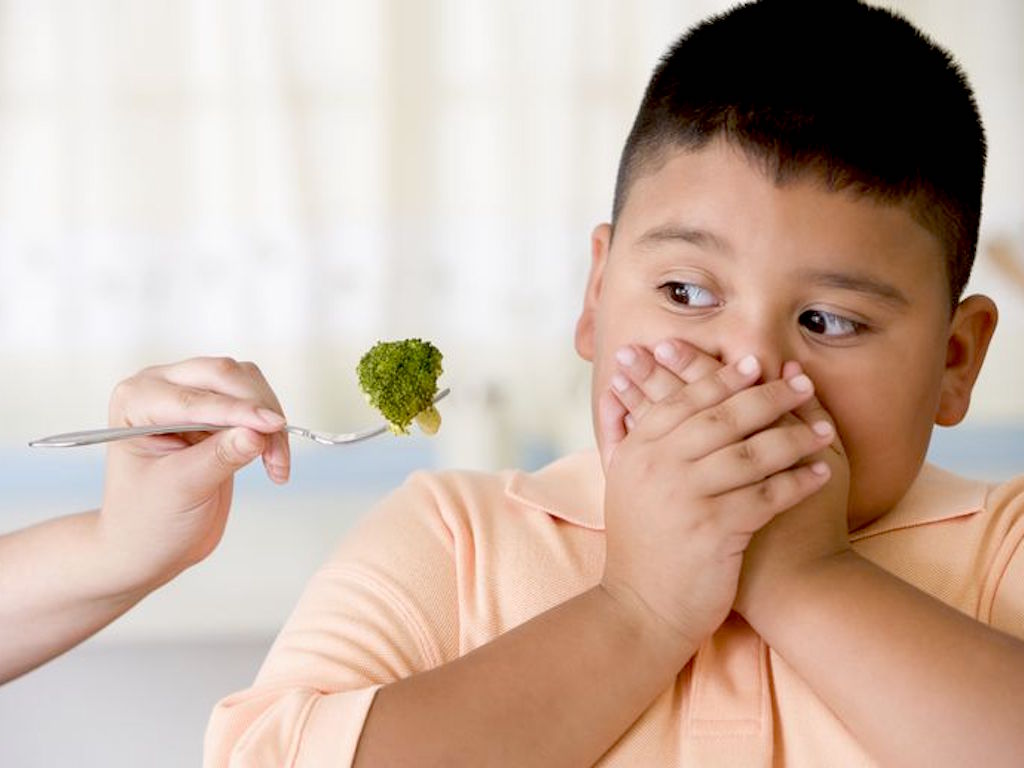
DiYES International School – Child Obesity has become a serious public health challenge in Indonesia as the number of overweight children continues to increase. UNICEF recently reported that one out of ten children worldwide is experiencing obesity and Indonesia reflects this alarming global trend. Deputy Health Minister Dante Saksono Harbuwono explained that the country now faces a double burden of disease. On one side children suffer from malnutrition while on the other side many are becoming overweight or obese. This double burden shows that both undernutrition and excessive calorie intake can coexist in the same population. Families in urban areas are especially vulnerable as processed food and sugary drinks are widely available and often cheaper than fresh fruit and vegetables. The government now feels pressure to act before the next generation suffers long term health consequences such as diabetes and heart disease.
Officials have highlighted that Child Obesity is not only linked to poor diet education but also to aggressive marketing of unhealthy foods. Deputy Minister Dante pointed to the rapid spread of ultra processed food that is easier to access and often cheaper than nutritious options. These products fill store shelves and dominate advertising campaigns that target children and young parents. To counter these trends the government is drafting regulations to discourage excessive sugar consumption. One proposal includes a sugar tax on sweetened food and beverages. This measure aims to reduce consumption by making sugary products less attractive to buyers. While the regulation is still under review authorities emphasize that early education on healthy eating must also become a priority to ensure long term impact.
The proposed sugar tax seeks to limit the rising rates of Child Obesity by targeting products with high sugar content. Under the plan certain food and drinks would carry an additional tax if their sugar levels exceed a set threshold. Supporters believe this step can lower demand and encourage manufacturers to reduce sugar in their recipes. Experiences from other countries show that sugar taxes can lead to measurable declines in soda and sweet drink sales. In Indonesia such a policy could push families toward healthier options like fruit and vegetables. The Health Ministry also plans to use tax revenue to fund public health campaigns and programs that promote balanced diets. Policymakers hope these combined efforts will slow the growth of obesity and related diseases in children.
“Read more: This Folding Garage Door Will Change the Way You Park Forever!”
Public education plays a critical role in reducing Child Obesity alongside regulatory measures like the sugar tax. The Deputy Minister urged parents to teach children the importance of balanced meals and regular physical activity. He reminded families that being overweight does not mean a child is healthy even if cultural norms sometimes view chubby children as strong. Schools are encouraged to provide healthy meals and reduce the availability of sugary snacks on campus. Community events such as car free days are also used to spread messages about nutrition and exercise. These efforts aim to change habits from an early age so children develop a lifelong preference for nutritious food. Strong community support will help families resist marketing tactics that promote cheap and unhealthy options.
Implementing a sugar tax to fight Child Obesity will not be easy. Critics argue that higher prices might burden low income families who already struggle with food costs. Some industry groups also warn that the tax could hurt small businesses selling sweet drinks and snacks. Policymakers must balance the need for public health with economic realities. The government is therefore conducting further studies to determine the most effective tax rates and product categories. Pilot programs may be introduced in select regions before a nationwide rollout. Meanwhile health officials continue to stress that the fight against obesity requires both policy changes and personal responsibility. Families, schools, and local communities must work together to create a healthier food environment for children across Indonesia.
This article is sourced from health.detik.com and for more details you can read at diyesinternational.com
Writer: Sarah Azhari
Editor: Anisa